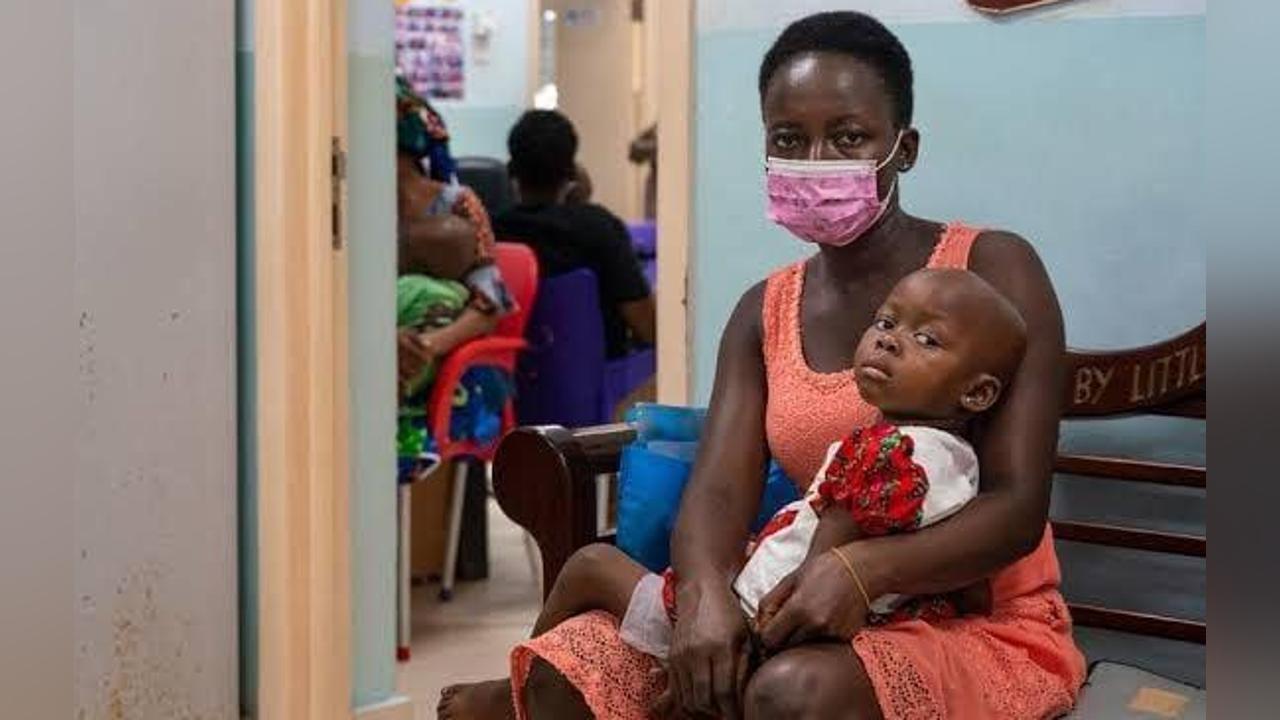Africa-Press – Uganda. The Uganda Cancer Institute (UCI) has warned that the majority of children with cancer in Uganda are not accessing lifesaving treatment, with stigma, late diagnosis, and lack of awareness continuing to undermine survival chances.
Speaking during a press briefing to mark Childhood Cancer Awareness Month 2025, Dr. Joyce Balagadde Kambugu, Head of Paediatric Oncology at UCI, revealed that an estimated 3,278 children and adolescents develop cancer annually in Uganda.
However, only 36 percent of them reach specialised care at UCI or its regional centres in Gulu and Mbarara.
“This means seven out of ten children with cancer in Uganda never make it to treatment,” Dr. Kambugu said.
“Survival is possible here, but too many children are being left behind.”
UCI data shows that children who access treatment have a realistic chance of survival, with five-year survival rates standing at 68 percent for Hodgkin’s lymphoma, 55 percent for Burkitt’s lymphoma, and 44 percent for Wilms tumour.
Despite these outcomes, childhood cancer in Uganda is still widely perceived as a death sentence.
Dr. Kambugu noted that many families abandon hope when a child is diagnosed, turning instead to prayers, denial, or alternative remedies. Survivors often face stigma and educational setbacks after treatment.
“When a child survives, they come back to find that school has moved on without them,” she said.
“Survivorship must be intentional education, fertility, and dignity must all be part of the care journey.”
A 2023 UCI study led by Dr. Anthony Kayiira underscored gaps in survivorship care.
The research found that 79 percent of adolescent and young adult survivors said they never received adequate fertility information before treatment, and none were referred to a fertility specialist. Nearly half of female survivors and one in five male survivors were found to be infertile.
“Fertility preservation is already possible in Uganda, with services available at Mulago Women’s Specialised Hospital. The challenge is linking these services to young cancer patients so they can plan for a future family,” Dr. Kambugu said.
The institute stressed that survivorship should not be limited to privileged groups, calling for inclusive policies that also cover children living with HIV, refugees, and those with albinism.
UCI said it is working with the Ministry of Health to integrate childhood cancer into clinical guidelines and referral pathways, while also expanding psychosocial support and follow-up care.
The initiatives are embedded in Uganda’s National Cancer Control Plan, aligned with the World Health Organization’s CureAll framework.
For More News And Analysis About Uganda Follow Africa-Press






